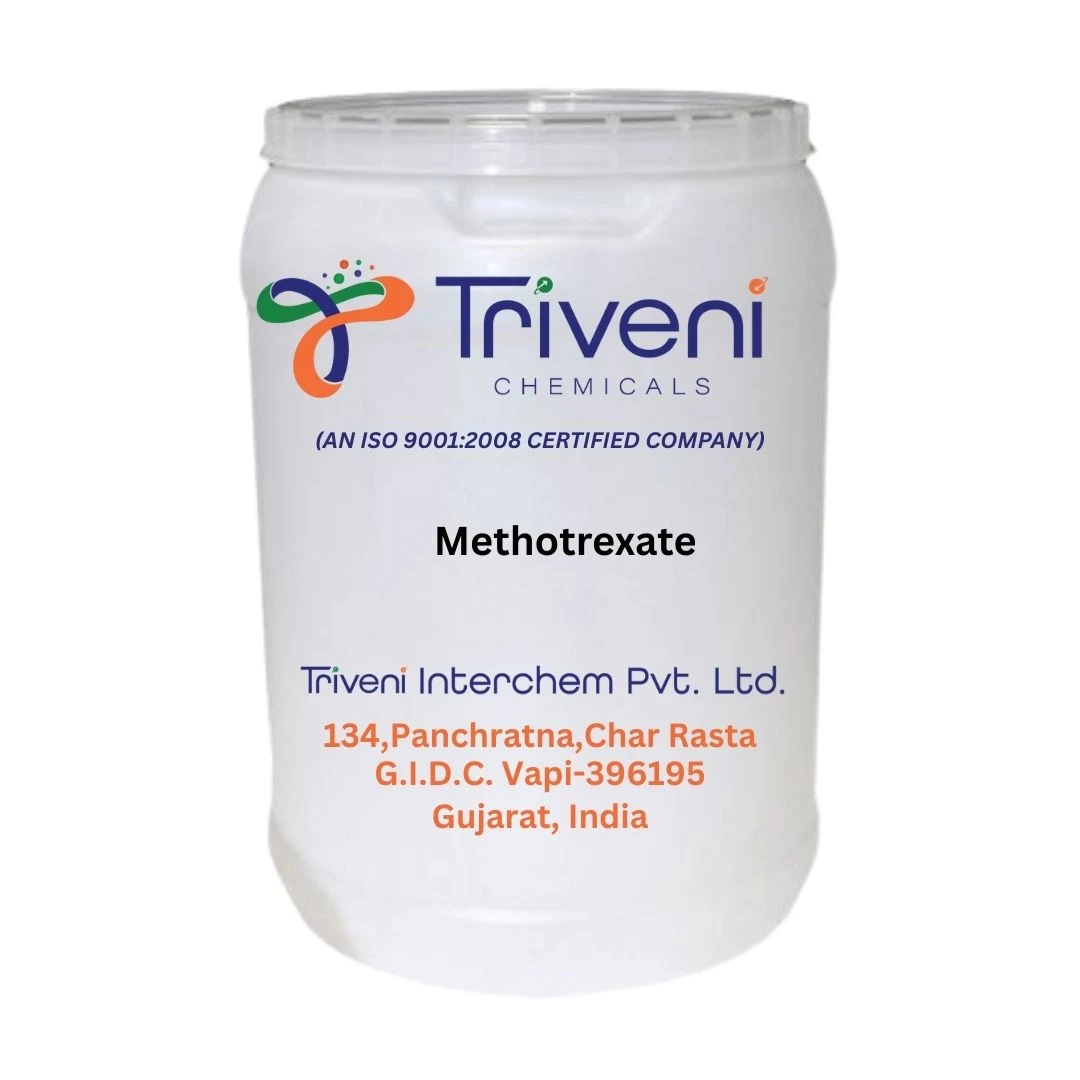Juvenile Rheumatoid Arthritis (JRA), often referred to as Juvenile Idiopathic Arthritis (JIA), is a complex and long-lasting inflammatory condition that mostly affects kids and teenagers, causing joint discomfort and inflammation. The immune system incorrectly targets healthy joint tissues in this disorder, resulting in joint swelling, stiffness, and decreased mobility. JRA..
Juvenile Rheumatoid Arthritis (JRA), often referred to as Juvenile Idiopathic Arthritis (JIA), is a complex and long-lasting inflammatory condition that mostly affects kids and teenagers, causing joint discomfort and inflammation. The immune system incorrectly targets healthy joint tissues in this disorder, resulting in joint swelling, stiffness, and decreased mobility. JRA is a complex illness with numerous subgroups, each of which has its own set of symptoms and patterns of joint involvement. The unexpected nature of JRA is among its most difficult features. Mild discomfort to severe joint abnormalities and systemic implications like uveitis (eye inflammation), development issues, and even organ involvement are all possible symptoms. It may be difficult for individuals and healthcare professionals to adequately manage the condition due to this unpredictability.In order to manage JRA, early diagnosis and immediate therapy are essential. Rheumatologists, physical therapists, and occupational therapists are frequently part of a multidisciplinary team that doctors frequently collaborate with to create a thorough treatment plan that is specifically suited to each patient's needs. Nonsteroidal anti-inflammatory medications (NSAIDs), disease-modifying antirheumatic drugs (DMARDs), and biologic agents are frequently administered to reduce pain, reduce inflammation, and stop the course of disease. In addition to medical treatments, lifestyle changes including physical therapy, consistent exercise, and joint protection methods are essential for preserving children with JRA's mobility and general wellbeing. Young patients and their families also require emotional and psychological assistance because dealing with a chronic illness can be emotionally taxing. The prognosis for affected youngsters has greatly improved despite the fact that there is no cure for JRA. With the correct care and assistance, many people with JRA can live active, rewarding lives. The quality of life for patients with juvenile rheumatoid arthritis may be further enhanced with continued investigation into the underlying causes and more focused treatments.


